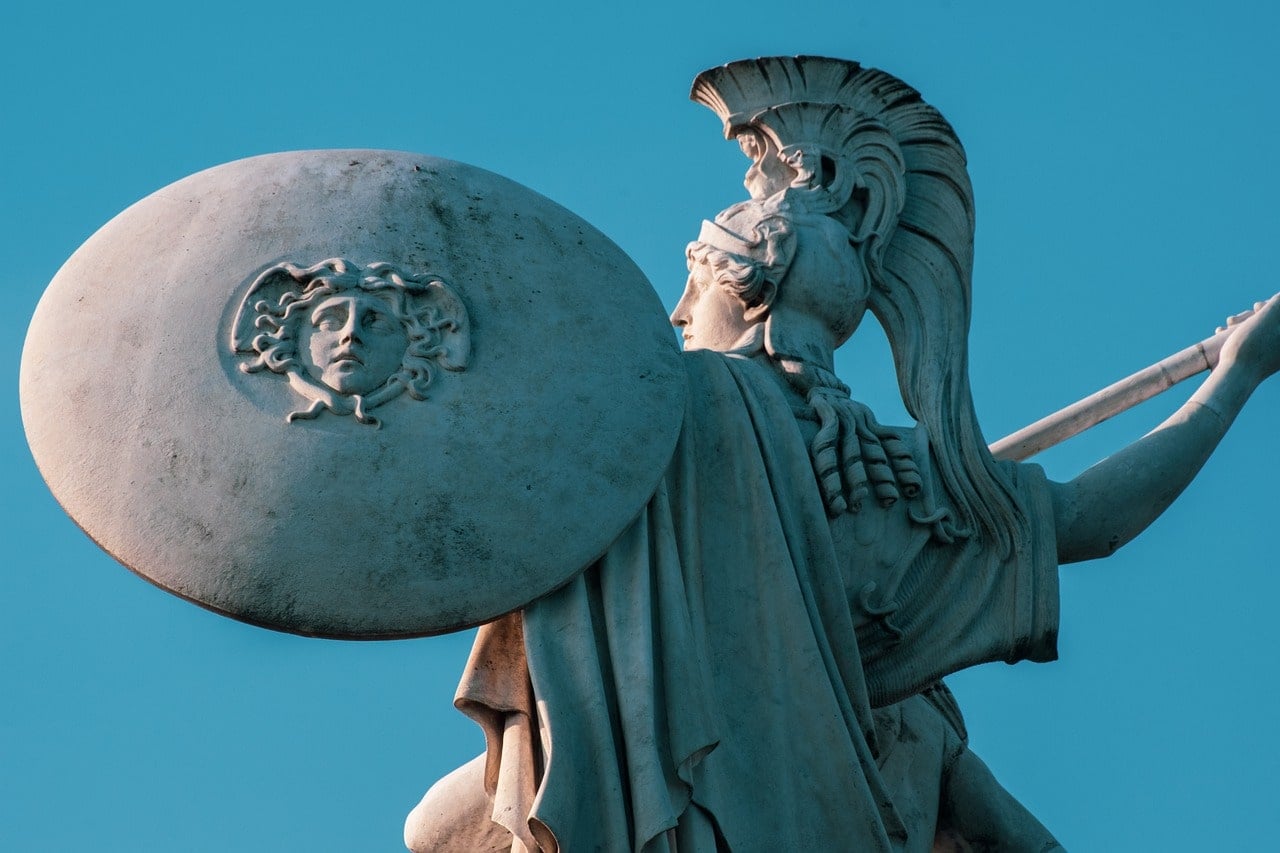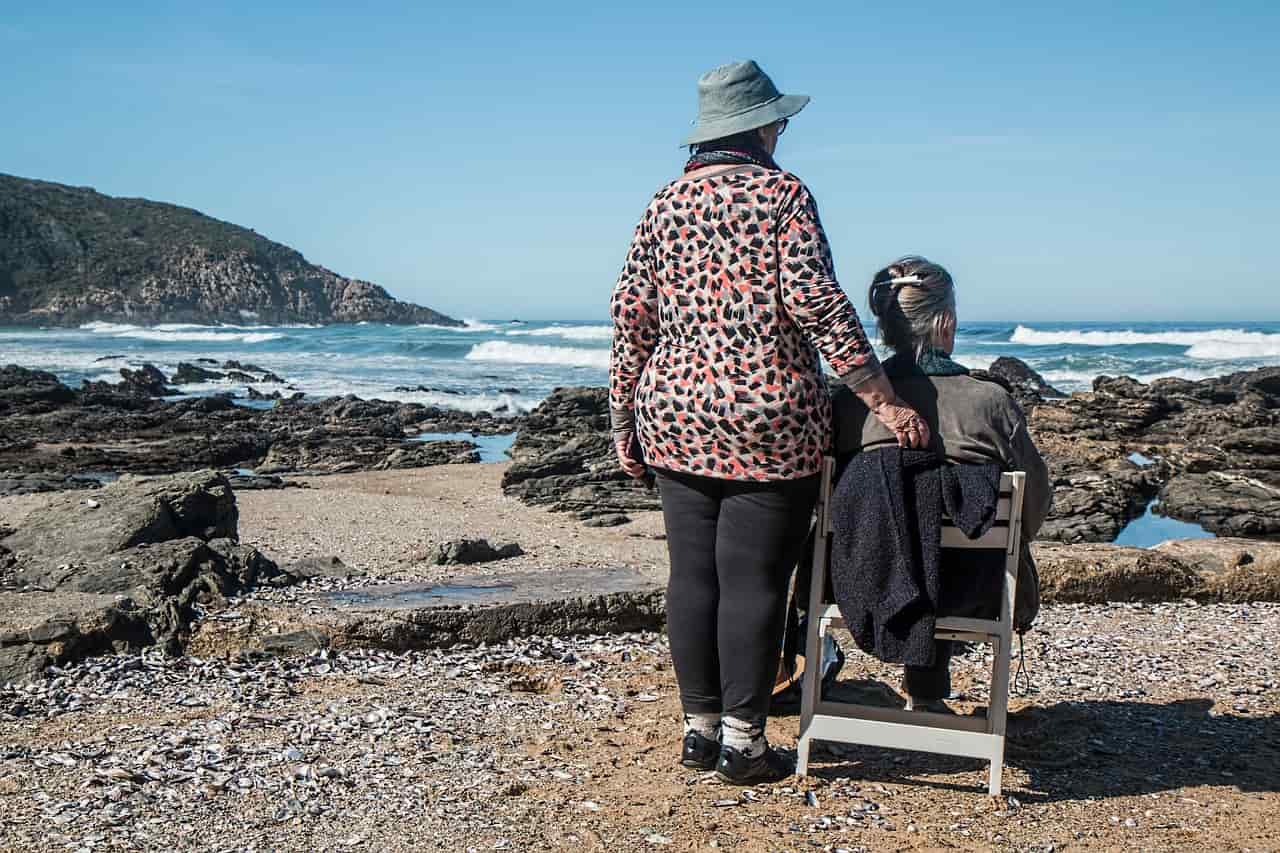
Yes, but not on pedestals of false glory. Real heroes are real people, warts and all.
There’s been a lot of talk about heroes this last year. Much of it has been good, as we’ve recognized healthcare workers and first responders for going above and beyond what most of us are willing to do. But there’s also been much to cloud the understanding as the distinction between heroes and celebrities has been blurred over the last decades. Also, many historical heroes have been knocked off of their can-do-no-wrong marble pedestals.
As a tail-end baby boomer, I grew up with heroes like Dudley Do-right foiling the dastardly deeds of Snidely Whiplash to rescue Nell, the Lone Ranger riding to the rescue, and even various WWII movies of heroes besting the Nazis and Imperial Japan. Yes, I’m the only one of us three kids who was raised with the TV. There were also the Bible heroes like David the Giant Slayer, and Samson the Philistine slayer — with a jawbone, no less! Later came Batman and Indiana Jones, but for the most part, heroes didn’t play a large part in my life. In fact, other than while analyzing literature in college, I can’t say I’ve thought about the term all that much.
Then I came across the article 6 of Your Childhood Heroes Who Kinda Sucked by Carlyn Beccia. She tackles the likes of Andrew Jackson and Helen Keller, and summarizes by saying, “But for children to strengthen their critical thinking skills, they must understand that their heroes are never black and white.”
This made me sit up and take note. It dovetails with my thoughts on cancel culture and the cult of celebrity in general.
The truth is life is filled with real people. Flawed and sometimes ugly people accomplish great things. This is good, because it means that you don’t have to be perfect to do something worthwhile, something that can help others.
When we don’t present a hero in natural light, their attributes and accomplishments become unattainable. No one mentioned in Sunday School that David had a wandering eye and put a hit on his general so he could steal the man’s wife. Or that Samson’s girlfriend was a prostitute from the enemy camp. And in my childhood, the slaveholder status of so many of our forefathers was completely glossed over. That doesn’t mean they didn’t accomplish great things. Rather, they accomplished great things despite their faults and foibles.
That normal, imperfect people can do great things is the whole point.
- The single mom who leaves her children with relatives while she quarantines in a motel, so she can treat COVID-19 patients in the ICU.
- The firefighter who goes into a burning building for a beloved dog but doesn’t know how to talk to his own teen-ager.
- The boss who covers for his employee who’s sick, even though his wife complains she never sees him anymore.
- The scientist who spends all her waking hours to find a vaccine, while her husband moves the family out of state.
- The teacher who manages to inspire her students in the classroom but drinks herself to sleep in a lonely apartment.
These are what I would call real heroes. Perfect? Absolutely not! In many cases, their families would use derogatory language to describe them. But each, in their own way, is trying to help others and make the world a better place.
A celebrity, on the other hand, is usually tied to entertainment of one sort or another, and their fame comes from accomplishment in that field and/or self-promotion. They generally aren’t true heroes. The public persona is too often separate from the private one, and when the sunshine breaks through the barrier, they are in trouble. The exceptions are those who quietly use their talents to benefit others without seeking money or spotlight. Like Yo-Yo Ma playing for fellow seekers of the COVID vaccine. Or a ball player who visits a children’s hospital ward without an entourage and cameras. And they will be the first to tell you they aren’t perfect.
This distinction is important. If you have to be perfect to be a hero, or receive public recognition for what you have done, many of us can never be heroes. Especially if we have made mistakes, struggled over decisions and choices, and have nothing to catch the public’s eye and admiration.

But the true hero does what they can anyway.
She’s the mom who takes the neighbor’s kid under her wing when his dad has to take his mom to the hospital. He’s the Uber driver who takes a crying teen home from a disaster date anyway, when she doesn’t have enough money. He’s the construction worker who changes a scared lady’s tire. Or a baseball fan who jumps a stranger’s car battery that died because he left his lights on through twelve innings.
Heroes come in all shapes and sizes. Some get caught on camera and go viral or make it to the “winning” side in the history books. Most are only known to those whose lives they touched in some meaningful way. Either way we need to see our heroes as real people, with good, bad and lots of in-between. People just like us. Because we — people like you and me — are the stuff of heroes. You might have a knack for fussy babies and be able to change a diaper without looking, but be lost if the lights go out, while I’d be much more comfortable checking breakers and fuses.
At the core, I think a hero is someone who simply goes beyond expectations to make someone else’s life better. It doesn’t really matter if it is a brief moment or long-term. You may think you’re affecting the life of only one person, but what about the people they encounter? Or that person you don’t know is watching?
Be yourself. Use who you are with what you have and be someone’s hero.
Grace, Peace and Hugs!
P.S. If you would like to read more about everyday life heroes, may I recommend Heroic Stories. Browse the website or get a free email subscription. (This is not a sponsored endorsement. But I’m a long-term subscriber.)